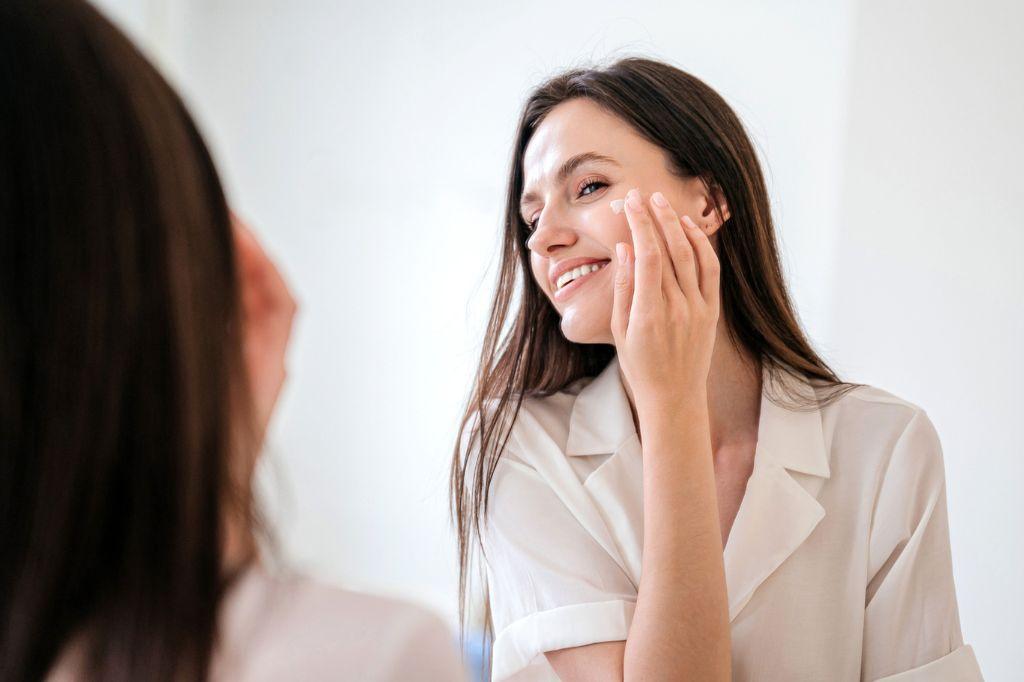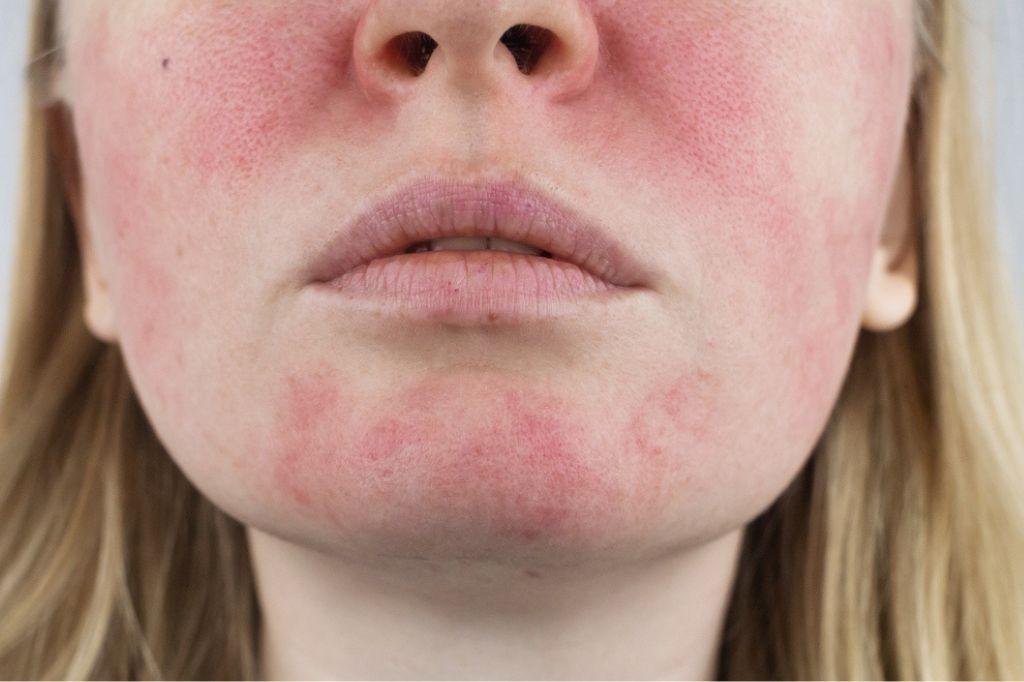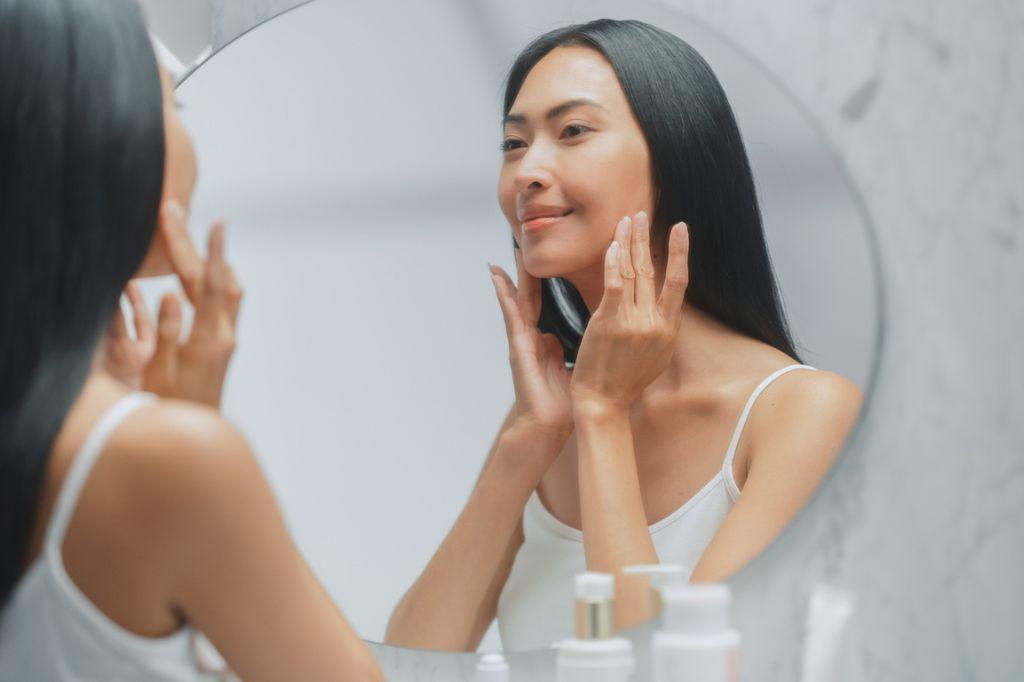Sun Protection 101: A Guide To Picking The Right Sunblock
Sunblock. Sunscreen. Suntan lotion. It comes in cream, lotion, spray, stick, and powder formulations. It’s in our moisturizers and makeup, built into the fabric of our hats and clothing.
In today’s world we’re surrounded by so many SPF options, but the reality is that not all of them are created equal. So how do consumers know what to use, what’s safe, and more importantly what actually works? One of the toughest things about sun protection is sorting through the noise in an oversaturated market of sunscreens and sunblocks to find products that actually work. Here are some important things to remember when it comes to sun protection and what to look for in your sunscreen.
The first rule of thumb: sunscreen is only as effective as the one you will actually use.
Sure, there are tons of options when it comes to sun protection, but you don’t need to concern yourself with finding THE most effective, top of the line sunscreen if you never plan on using it. When it comes to sun protection, the best sunscreen (or sunblock or suntan lotion) is the one that you will actually use and use appropriately.
Second, reapplication is a must.
Sunscreen isn’t a “set it and forget it” thing. Whether you apply your SPF via makeup each morning or lotion up as soon as you get to the beach, the most important thing is that you remember to consistently reapply throughout the day. Sun protection should be worked into your daily routine, providing all-around protection during the morning, afternoon, AND early evening.
Make sure you know what SPF really means.
SPF stands for ‘sun protection factor’. It is a measurement of how much solar energy (UV radiation) is necessary to cause sunburn on protected skin relative to the amount of solar energy required to produce a sunburn on unprotected skin. So, higher SPF = more protection. We advise to use at least an SPF 30.
However, SPF is not related directly to TIME of solar exposure but actually the AMOUNT of solar exposure. The factors that influence solar exposure include solar intensity, skin type, amount of sunscreen applied, and reapplication frequency.
Be cognizant of the time of day when you’re in the sun.
Regarding solar intensity, the strongest sun exposure is between the hours of 10 AM and 2 PM, so unless it’s absolutely necessary you should try your best to avoid the sun during these hours. That goes for everyone, regardless of skin type! Anyone with a fair complexion is at a higher risk, however, that does not mean that because your skin tans OR does not burn you should go without sunscreen.
Know how much sunscreen you really need.
An easy way to remember how much sunscreen to use is a shot glass. One shot glass is the recommended amount of sunscreen to use for your entire body, and you should be using this same amount EACH time you reapply. Remember that it is crucial to reapply every 2 hours, or more frequently if you are getting in the water.
Pay special attention to your face!
Your face probably gets the most sun exposure out of any part of your body, and it’s one of the areas that needs to most protection. When you talk to your provider about a recommendation for facial sunscreen, it’s important to remember that our recommendations also take into consideration your skin conditions as well, such as rosacea and acne. A sunscreen should do what it is supposed to do without causing any more stress to the face. Common complaints with sunscreen are ‘it’s too greasy’, ‘it causes me to breakout’ or ‘it burns my eyes when I sweat’.
That is why, especially for your face, we recommend a medical grade sunscreen with physical UV blockers. Physical blockers are ZINC and TITANIUM— they are more effective at protecting against UV radiation, they’re better for the environment, and they’re the only FDA approved physical UV filters for sun protection. Some countries have even banned the use of chemical sunscreens.
Opt for an option that has a physical blocker.
Physical sunscreens have many benefits. I’m sure we can all recall being told to put sunscreen on 15 minutes before going outside, and you absolutely need to do that if you’re using just a traditional sunscreen because they take some time before they start working. When you use something that has a physical blocker (Zinc and Titanium), however, it works immediately! It’s a barrier and blocks the sun instantly against UVA and UVB radiation. Also, because it is not absorbed instantly, sun protection options with physical blockers are less likely to clog pores and are more gentle on our skin.
So, which product is right for me?
We have multiple sun protection options at AAD including Colorescience, Skin Ceuticals, SkinMedica and Obagi. This allows the provider to make the best recommendation for each patient based off their individual needs, their level of sun exposure, and their specific skin conditions. Ultimately it doesn’t matter your age, skin type, or time in the sun; sunscreen is a must and dermatologists recommend sticking with a physical blocker.





